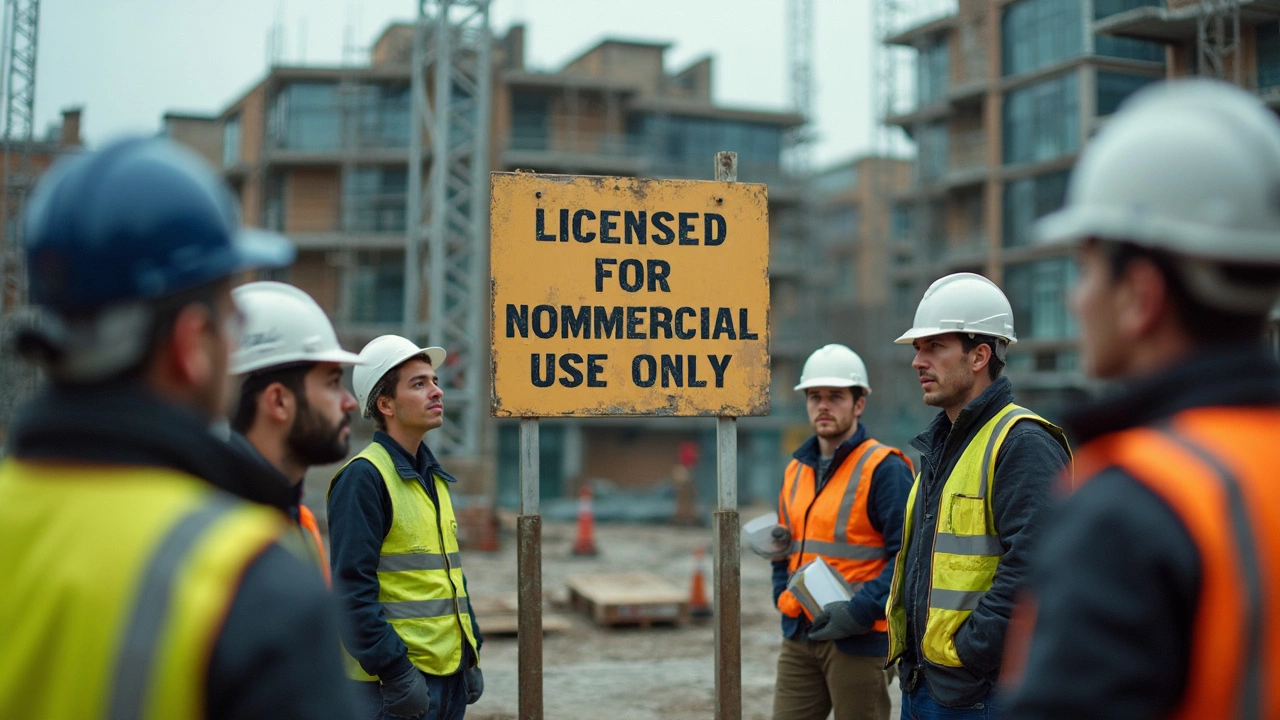Non‑Commercial Use: Real‑World Advice for Home Builders
If you’re planning a conservatory, a loft conversion, or any home extension, you belong in the non‑commercial zone. That means you’re dealing with residential projects, not shopping malls or office blocks. The articles under this tag give you exactly the kind of step‑by‑step help you need – from measuring a foundation crack to deciding if a new kitchen fit fits your budget.
What counts as non‑commercial construction?
Any building that lives in a private home or a small garden outbuilding is non‑commercial. Think garden rooms, sunrooms, garage workshops, or a new bedroom wing. The rules are different from commercial projects: planning permission limits are higher, insurance clauses are simpler, and the materials you choose can be more about style than sheer capacity.
Key topics you’ll find in this collection
We cover the most common concerns for homeowners. Want to know when a foundation crack becomes serious? Check our guide on crack width and when to call a structural engineer. Curious about how far you can extend your house without a full planning application? The permitted‑development article lays out the exact limits for UK homes. We also dive into insurance quirks, the best durable materials, and low‑budget bathroom remodel ideas.
Materials matter a lot. Our piece on the most durable house materials explains why steel‑framed walls or engineered timber can outlast cheap brick, especially in wet climates. If cost is your biggest hurdle, the “Cheapest Building Methods” post breaks down 2025‑ready techniques that save money without sacrificing strength.
Planning permission can be a headache, but it’s not a mystery. The “How Big Can You Extend” guide walks you through the 15‑meter rule, side‑yard thresholds, and how to avoid common mistakes that trigger a full application. Pair that with the loft conversion article to see which lofts are off‑limits because of low headroom or tricky truss layouts.
Budgeting isn’t just about the headline price. Our “Build or Buy a House in 2025?” article compares the hidden costs of a new build versus buying an existing home, helping you decide if a DIY extension saves you more than a full‑scale build. For those tackling kitchen upgrades, the “Dry Fit Kitchen Explained” piece shows how pre‑assembling cabinets can cut labor time and prevent costly errors.
All these posts are written for a UK audience, using the right terminology and local regulations. You’ll find clear tables, quick checklists, and plain English explanations – no jargon, no fluff. If you ever feel stuck, the tag page serves as a one‑stop hub where you can jump from foundation advice straight to insurance tips.
Ready to start your project? Browse the list of articles, pick the topic that matches your next step, and follow the practical steps inside. Whether you’re fixing a crack, planning a new conservatory, or simply budgeting for a bathroom facelift, the non‑commercial use tag has the know‑how you need to move forward with confidence.


